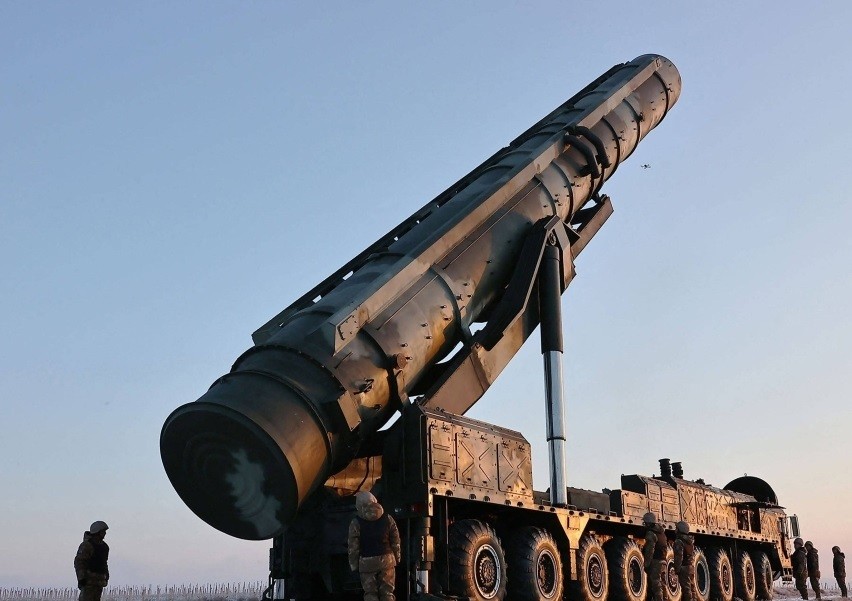19/12/2023
19/12/2023

JAPAN, Dec 19: In response to North Korea's confirmation of testing a solid-fueled intercontinental ballistic missile (ICBM), Japan, South Korea, and the United States fully activated a trilateral real-time system for sharing missile tracking data on Tuesday. The move aims to enhance cooperation in monitoring and responding to North Korean missile threats.
The defense chiefs of the three nations issued a joint statement, emphasizing that the real-time sharing mechanism enables continuous exchange of missile warning data. This initiative marks a significant development in defense cooperation to address North Korea's nuclear and missile challenges.
The trilateral partners also unveiled a multiyear plan for joint military drills, following a November agreement. The plan, according to the statement, aims to conduct training systematically and efficiently, strengthening the defense capabilities of the three nations.
Amid a challenging security environment, particularly in relation to North Korea, the joint effort is deemed indispensable for regional peace and stability, the statement added.
The announcement followed North Korea's acknowledgment of testing the Hwasong-18 ICBM. The missile reportedly flew for about 73 minutes, splashing down in waters outside Japan's exclusive economic zone. North Korean leader Kim Jong Un described the launch as a clear signal to hostile forces.
The missile's trajectory, on a "lofted" path, reached a maximum altitude of more than 6,000 km, according to Tokyo, with North Korea claiming a peak altitude of 6,518.2 km. Japan estimates the Hwasong-18's range at 15,000 km, putting the entire United States within striking distance.
The ICBM launch marks North Korea's fifth firing of a long-range missile in 2023, making it the highest number in a single year. Despite facing international sanctions, North Korea continues to advance its weapons capabilities, posing a threat to neighboring countries.
Solid-fuel missiles, like the Hwasong-18, offer advantages in terms of deployment speed over liquid-fueled counterparts, raising concerns among defense experts. The U.S., South Korea, and Japan condemned the launch, while China expressed support for North Korea, highlighting the complex geopolitical dynamics in the region.
Security analysts emphasize the importance of further tests to demonstrate warhead targeting and re-entry capabilities. The ongoing missile tests by North Korea have driven increased security cooperation between Japan, South Korea, and the United States, fostering a historic defense pact in August and institutionalizing future collaboration to address shared challenges.


